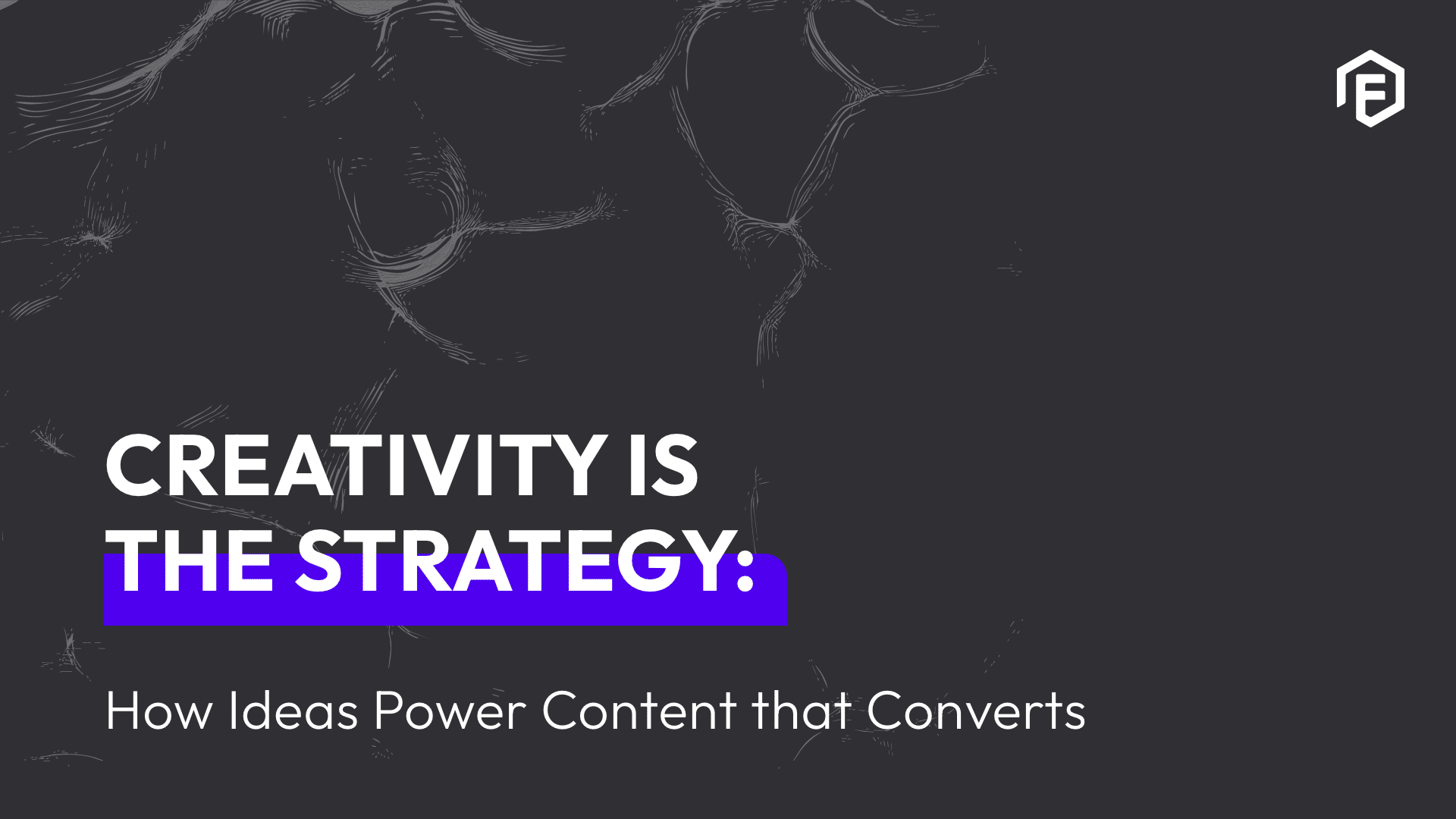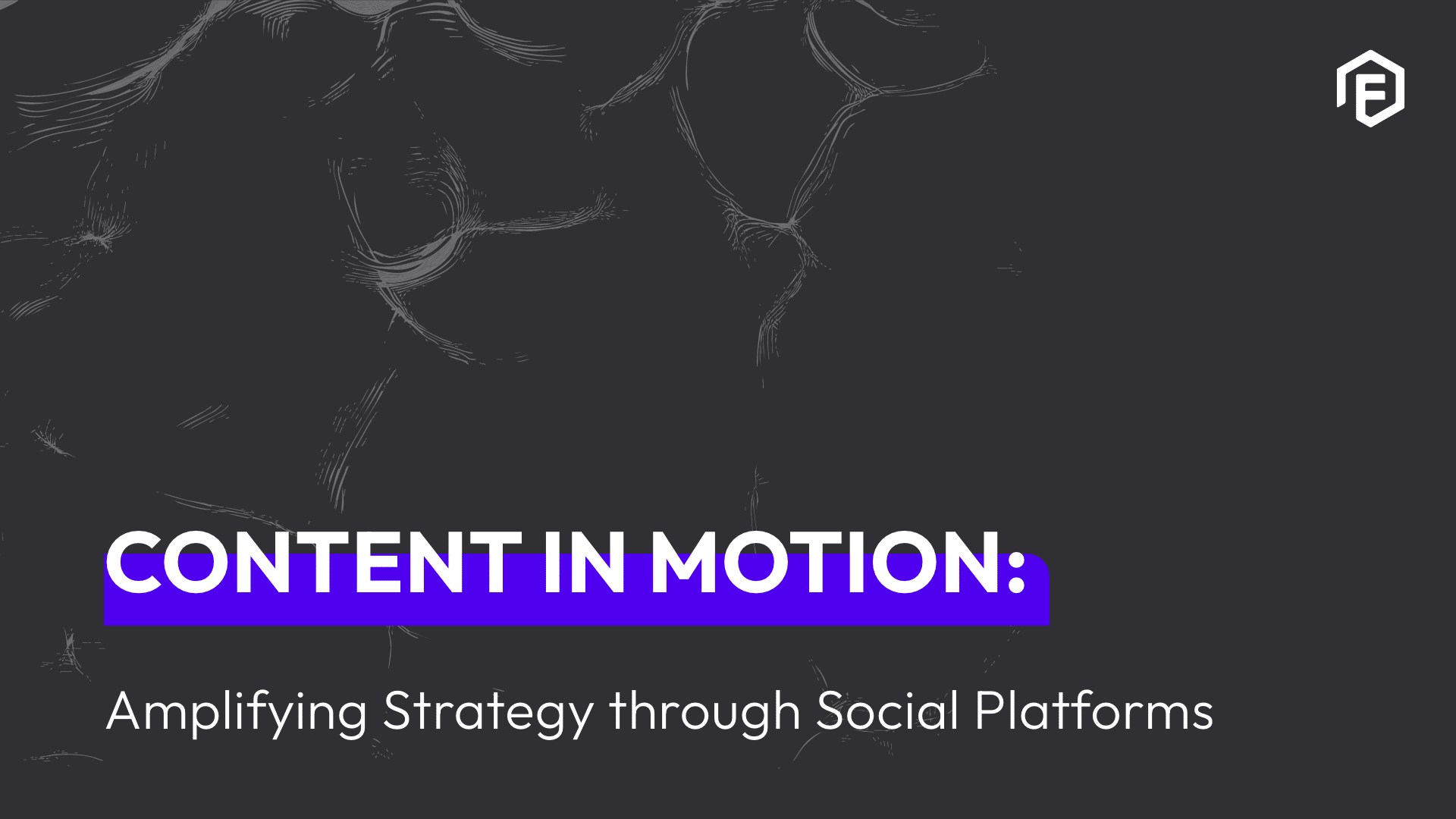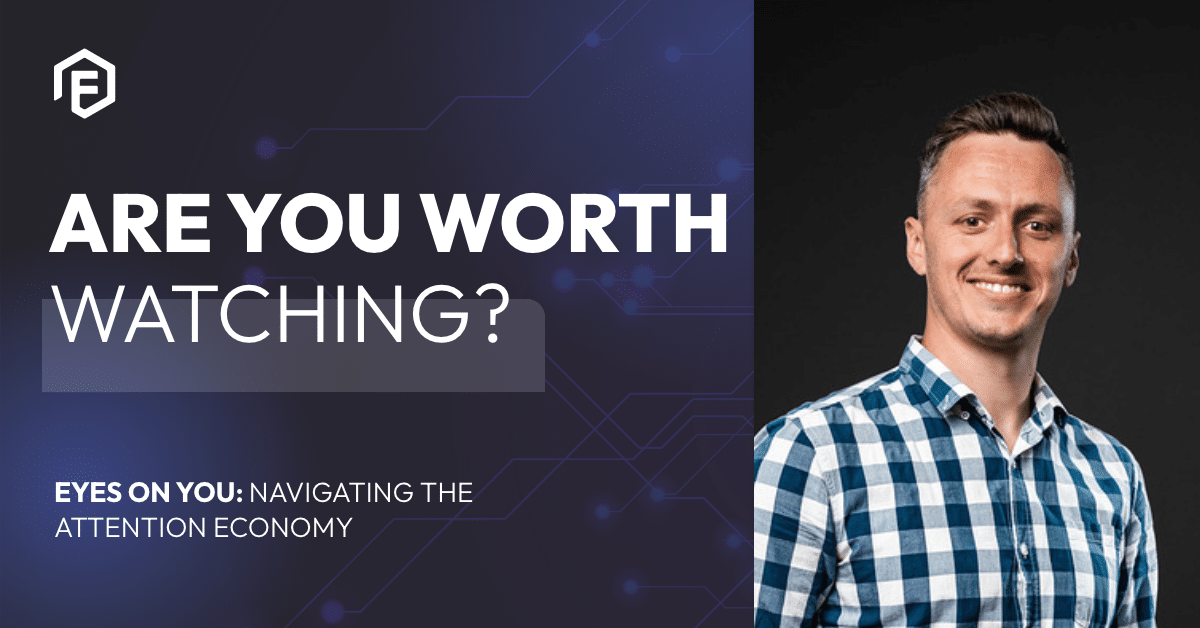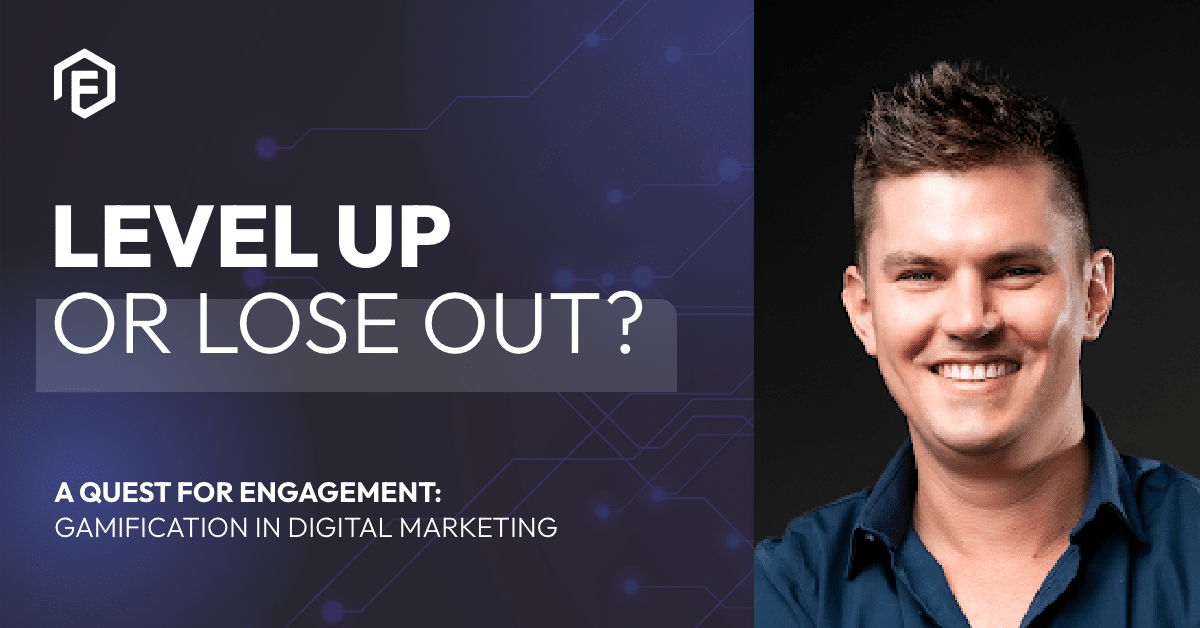- Media
What is media? According to various sources, the definition of media is “a piece of creative that is strategically placed, and that forms part of a brand campaign”.
Now, before we get to the actual buying or purchasing on any media we first have to identify and understand the various types of media that are available. Before the birth of the internet, brands and especially marketing departments, had limited opportunities to broadcast their campaigns’ messages to a mass audience.
The media available then is now called Traditional/Old Media, and included familiar opportunities such as radio, television and print media like books, magazines, newspapers, pamphlets, flyers, and billboards. The birth of the Internet brought with it new hope, ideas and opportunities in the form of social media, online publishers, blogs, and emailers – rightly named New Media. New Media basically became the new kid on the block, the “It thing” which attracted a lot of attention as an alternative form of mass communication.
With all these media opportunities, publishers looked for ways of monetising their offerings by selling their inventory to brands through a process called media buying,which brought value for both entities.
- What is Media Buying? Definition
In a nutshell, media buying is a process in which media placements are strategically purchased with the aim of achieving the overall campaign objectives and KPIs. Media buying opportunities are available in all advertising mediums, from traditional/old media opportunities like television and radio, newspaper and magazines, to new media (digital) opportunities like online publishers, blogs, emailers and social media.
Media buying, like any purchase, is one that requires strategic intent to satisfy the overall campaign objectives. Before we get to media buying, we enter a phase which entails sourcing and selecting the most suitable media placements to satisfy the overall objectives. This process is called media planning, which basically maps out and guides buyers’ plans, for better decision making before committing to buying media without insight or knowledge.
Once you are satisfied and confident that the media plan will achieve the desired results, the media buying process commences. The process is a simple one that entails purchasing air time for television or radio, and digital ad placements, on various platforms or publishers. When buying media, the goal is to find the right time, place and context in which to deliver relevant ads to the target audience, and increase conversion rates, sales or brand awareness.
- How does the media buying process work?
This process usually starts with having a media plan in place. Media Planning generally entails sourcing and selecting optimal media platforms and placements for a client’s brand. The job of media planning is basically to determine the best combination of media to achieve the brand’s objectives. Once the plan is in place, contact is made with the relevant media publisher to negotiate the best possible rate available for the client, and the insertion order (IO) or contract is signed to complete the process. The purchasing of media can be done for all media ad formats available, whether video, audio, print or display banners. This can also be done through publishers for television, radio, and print, or digitally on social media platforms such as Facebook or Twitter Ads managers, and programmatically on demand side platforms (DSPs) such as DBM, BrightRoll, TubeMogul and AppNexus .
- What do media buyers look for?
Media buyers rely heavily on four core fundamentals: Negotiate, Purchase, Monitor, and Optimise. In short, it is about adding value by achieving the set campaign objectives and KPIs at minimum cost.
- What type of person buys media?
A media buyer is someone who is a rational thinker, a risk taker, is accountable and transparent about his or her work, and has a degree in business, marketing or advertising. A media buyer will also fit the profile below:
- Has a good understanding of media;
- Has strong organisational skills and works well in a team;
- Has strong interpersonal skills for liaising with clients and colleagues;
- Has excellent communication and presentation skills;
- Is data driven with good analytical and research skills to evaluate campaigns;
- Has good negotiation skills to get the best advertising space at the best price;
- Has the ability to work under pressure, meet deadlines and make decisions quickly;
- Is IT literate;
- Is creative and has strong problem-solving skills; and
- Possesses strong commercial and budget-awareness.

I’ll finish with a quote from an industry and thought-leader that sums it all up in a few simple words, and that defines working in the media industry:
“In a world that is changing really quickly, the only strategy that is guaranteed to fail is not taking risks.” – Mark Zuckerberg
The media buying industry is an ever-changing, ever-evolving landscape that keeps you honest and on your toes, so plan your campaigns strategically and take risks.



